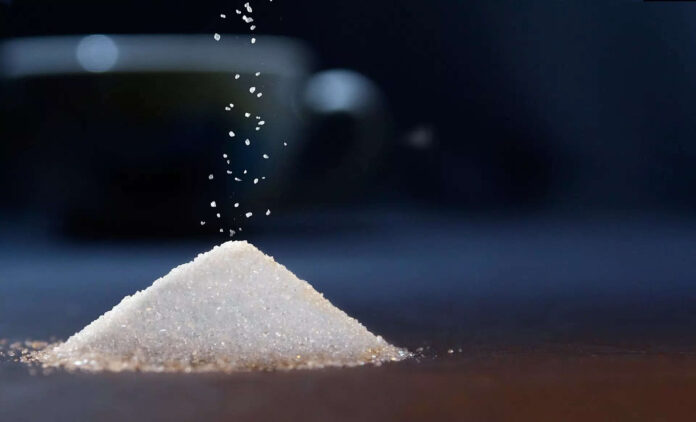ISLAMABAD: The federal cabinet has authorized the export of an additional 100,000 metric tons of sugar, reversing an earlier stance taken by Prime Minister Shehbaz Sharif, who had declined to approve further exports. This decision also coincides with Punjab’s recent transfer of two officials involved in sugar regulation.
On September 25, while the Prime Minister was in New York, the cabinet approved the export summary via email circulation, bypassing the regular meeting process. This method of decision-making is permissible under the Rules of Business of 1973.
The cabinet’s decision ratifies the Economic Coordination Committee (ECC)’s earlier approval, which had already cleared the export of 150,000 metric tons of sugar on September 20. Previously, the ECC had proposed a similar export of 100,000 metric tons, but the Prime Minister had requested a reassessment based on domestic prices and available stock levels.
The Prime Minister had previously expressed concerns about the ECC’s decision to decouple export permissions from domestic price movements. In response, the ECC reestablished this connection in its latest ruling.
Last month, government estimates indicated a total sugar stock of 4.8 million metric tons. The ECC projected that, after these exports, 704,000 metric tons would remain available at the start of the new crushing season. Punjab’s Cane Commissioner confirmed that after accounting for strategic reserves and consumption, the province would have a remaining stock of 89,000 metric tons.
Significant changes in Punjab’s agricultural administration took place on August 29, with the transfer of Moazzam Iqbal Sipra as food secretary and Abdul Rauf as cane commissioner, replaced by Ehsan Bhutta and Shoaib Khan Jadoon, respectively.
While there is an apparent surplus of sugar, concerns remain about the accuracy of reported stocks, particularly regarding underreported quantities aimed at evading taxes, according to a Punjab-based sugar mill owner who requested anonymity. This issue of underreporting is acknowledged in the Prime Minister’s recent tax transformation plan.
Initially, the cabinet had linked the export of 150,000 metric tons to maintaining local prices at Rs145 per kilogram. However, it was recently reported that retail prices had risen above this threshold, even as ex-mill prices remained low. The cabinet has reiterated that export permissions will be contingent upon ongoing monitoring of local prices, with the current benchmark set at Rs145.13 per kilogram; the average retail price recently measured at Rs139.5.
The swift movement of the export file is attributed to the influence of sugar mill owners in political circles. Following the cabinet’s approval on Wednesday, the Ministry of Commerce promptly issued implementation instructions, and by Thursday, the new cane commissioner had allocated quotas among 41 mills.
The export quota has been distributed among the three sugar-producing provinces, with Punjab receiving the largest share of 64,000 metric tons. Notably, Hamza Sugar Mills has been allotted 4,357 metric tons, while JDW Sugar Mills has received a quota of 7,189 metric tons, reflecting their respective sugarcane crushing capacities.
The influence of sugar millers extends beyond exports; the government has also initiated payments amounting to Rs8.2 billion to power plants owned by five sugar millers for imported coal costs, despite those plants using sugarcane byproducts for energy production. Payments have been made to several mills, while others did not receive funding in this initial phase.




